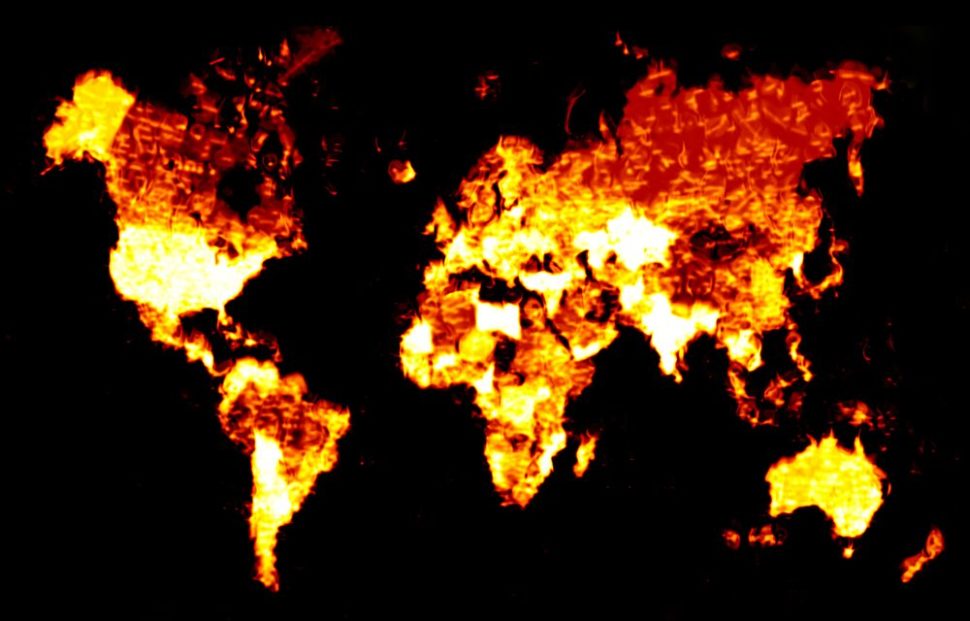Apparently, there’s a correlation between wildfire smoke and social media. Who would have thought?
A new-age research study was conducted by atmospheric scientists at Colorado State University after noticing that people flock to social media, particularly Facebook, to discuss the smoke and fire they see during the summer wildfire season.
The study was led by Bonne Ford, a research scientist who works in the lab of Associate Professor Jeff Pierce.
The idea of Facebook as a monitoring tool was borne out of an interdisciplinary meeting organized by distinguished Professor A. R. Ravishankara of the Department of Chemistry at Colorado State University.
“Facebook does a better job at spotting smoke exposure than satellite data.”
The meeting brought together regional scientists, government officials and emergency management authorities who were working to find better ways to monitor smoke exposure.
In addition to the existing monitoring systems in place, they thought a great additional tool would be people’s reactions to smoke exposure.
The best medium to get people to tell them was social media, hence Facebook.
People post about smoke exposure to Facebook--scientists notice.Click To TweetFacebook Research
Using aggregated city-level data of posts from Facebook users from U.S. and Canada, the researchers created daily maps that were compared with data maps of standard smoke monitoring systems.

| Bonne Ford/Colorado State University
Facebook users who made posts with the words “haze,” “smoke” and “fire,” were included in the count.
This was done in partnership with Facebook’s data scientist Moira Burke during the period of June 5th to Oct. 27th, 2015.
Findings
The study found a strong correlation between Facebook users who posted about visible smoke and conventional datasets like chemical transport models and surface particulate matter measurements used for measuring harmful smoke exposure.
Additionally, the study concluded that Facebook does a better job at spotting smoke exposure than satellite data.
This, Pierce said is because the satellites capture smoke from above and thus data can be misleading.
“Sometimes, the satellites can’t tell what altitude the smoke is at”
What Next?
The researchers hope to use the findings of the study to further develop ways to assess smoke exposure.
With Facebook’s existing Safety Check feature in full swing, it won’t be long before data gets more accurate.
More accurate data means better assessment.



















Comments (0)
Most Recent